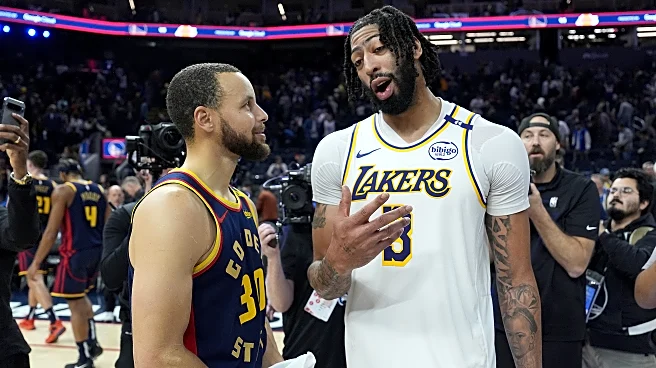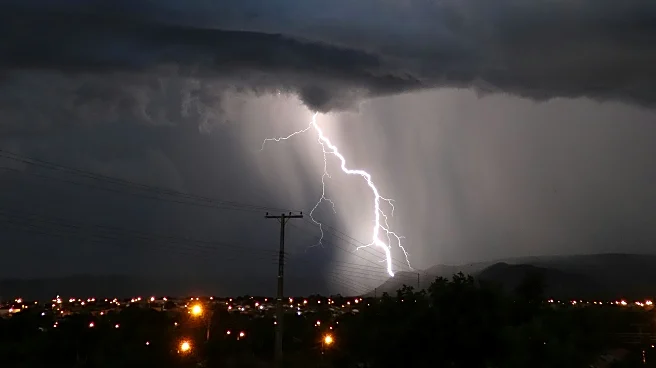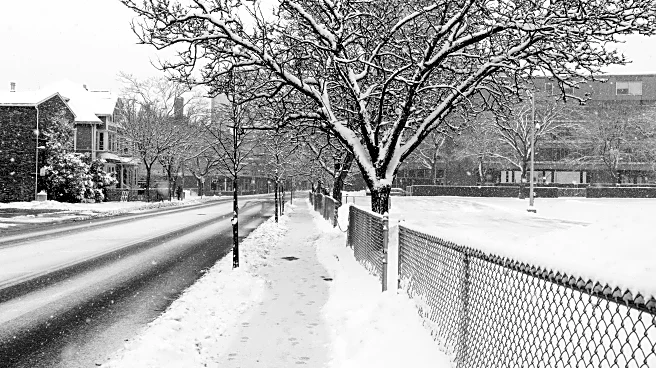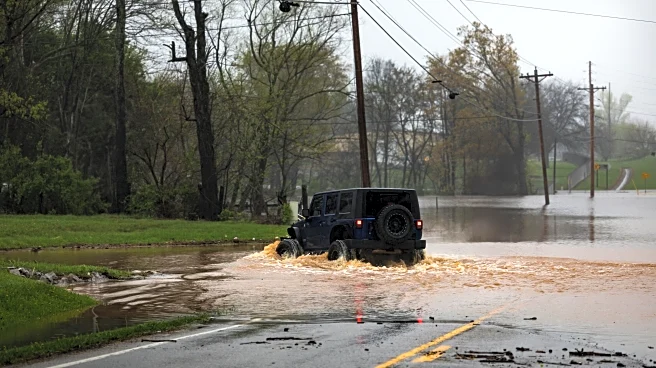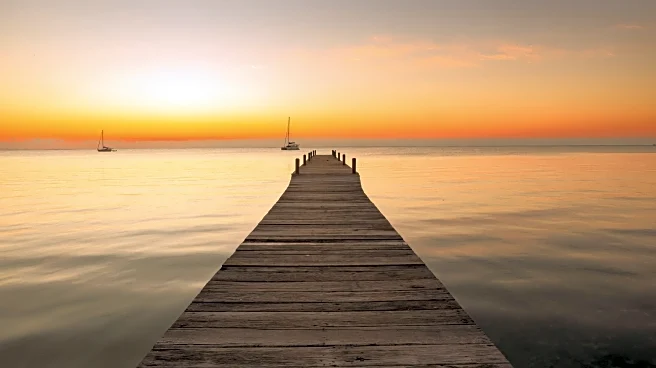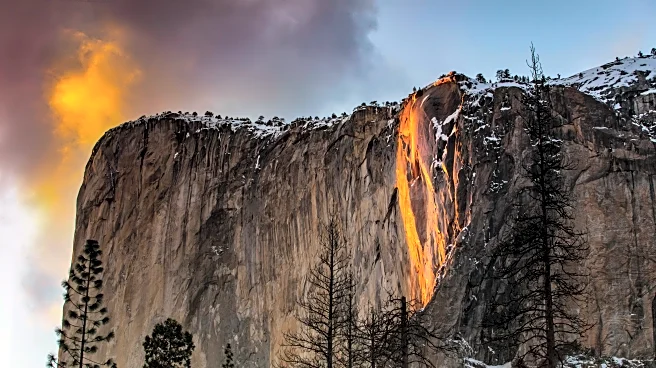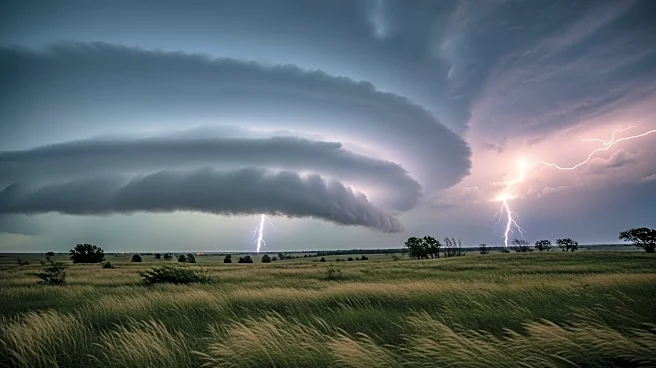There’s an incoming storyline that I’d like to get ahead of. It’s going to gain traction at some point in the coming days, weeks, or months, and rather than waiting until then to write about it, I’ll try
to cut it off now to save my future self some trouble. In reality, I won’t be doing that, either — I’ll just talk about it again then.
But let’s talk about it now.
Anthony Davis to the Golden State Warriors. Let’s talk about that. More specifically, let’s talk about why it’s a bad idea, so that you have all the talking points necessary when the rumors start to fly and your friend asks you, Hey, are the Warriors getting Anthony Davis?
No. No they’re not. Or at least, they certainly shouldn’t.
Before we get into that, let’s address why the rumors are slowly starting to flutter about, and why they’ll continue to burn stronger. It’s pretty basic, and can be laid out in a series of five points.
- The Warriors are kind of treading water right now, and look the part of a team that needs to make a splash to compete this year or in future years.
- We know the organization, and Joe Lacob in particular, is obsessed with the concept of landing a star.
- Anthony Davis is a star.
- Anthony Davis is, coincidentally enough, almost surely available in trade talks, as ESPN’s Tim MacMahon laid out on Wednesday.
- The Warriors having a desire to trade Jonathan Kuminga before February’s deadline is the worst kept secret in the NBA.
So hey, we’ve arrived at a pretty decent conclusion, yeah? The Warriors should pursue a trade with the Dallas Mavericks centered around Davis and Kuminga, right?
Wrong.
Wrong on so many levels. But really, we can condense it down to two primary reasons.
He doesn’t actually make the Warriors better this year
I’m generally of the sentiment that as long as you have great players, fit doesn’t much matter. And I’m sure that’s largely the case with Davis, but it does need to at least be considered that the fit is a little clunky. Davis is a significantly better offensive player than Kuminga, but the primary issue plaguing Kuminga’s offensive game with the rest of the Warriors personnel — a lack of spacing — is amplified with Davis.
Somehow, some way, Davis has continued to have a reputation with some as a three-point shooter, when reality is much more grim. He hasn’t shot better than 30.0% from deep since the 2019-20 season, and in six seasons since then has shot a paltry 26.7% from distance, despite averaging nearly two attempts per game during that span.
That’s not to say the Warriors couldn’t thrive with Davis in the lineup, it’s merely to say that one of the team’s biggest concerns won’t actually be addressed, which means the rest of the words I’m about to write sting even more.
The biggest issue with fitting Davis on the team is that he wouldn’t be replacing just Kuminga. Davis is in the midst of a three-year, $175.4 million contract, and the Warriors are a team that is not allowed to take on any additional money, due to how close they are to the apron. That means that any realistic package for Davis would have to be centered around Kuminga and Draymond Green … and then one of either Moses Moody or Buddy Hield (the former if the Mavs had their pick; the latter if the Warriors did). The other option would be to trade Jimmy Butler III straight up, but that A) isn’t going to happen and B) doesn’t resolve the Kuminga issue.
In a vacuum, Davis is better than Green or Kuminga, and maybe better than Green and Kuminga, at this stage in their careers. But the Warriors, perhaps more than any other team in the NBA, don’t play in a vacuum. Green is invaluable to the organization, for his emotional leadership, his relationship and chemistry with Steph Curry both on and off the court, his playmaking, and his defensive versatility. If Green’s going to be included in a trade, it better be for a star they can build around for the next decade, or a clear-cut top-10 player, which Davis no longer is.
And that all cascades into a bunch of smaller problems. A package of Kuminga and Green isn’t likely to be that desirable to the Mavericks, meaning the Warriors would likely have to give up quite a bit more in assets (either young players, draft picks, or both) to get Dallas interested. And if the Warriors were to sacrifice lots of depth to acquire Davis, would they actually be better? Is a Curry/Davis/Butler trio going to compete for a title with a bunch of filler surrounding them?
All of this, however, may be secondary to the biggest issue with the Davis fit: he can’t stay healthy. Over the past five full seasons, Davis has averaged just 51.8 games per season. He’s made just five appearances for the Mavericks this year, and it’s unclear when (if ever) he’ll make a sixth. He’s an exceedingly large human being. with lower body issues and a 33rd birthday right around the corner. If the Warriors want a chance of competing, they need Curry to be the biggest health question mark, not someone who looks healthy by comparison.
That’s all to say the following: trading for Davis, if anything, reduces the team’s chances of winning a championship in June.
The timeline doesn’t work
I know, I know; no one who follows the Warriors wants to hear the dreaded T word, but it’s an important thing to talk about. It’s how the team makes their decisions, so we’d be foolish to ignore it.
The Warriors have made it abundantly clear that they don’t want to commit money beyond 2026-27, when Curry, Butler, and Green will all see their contracts expire. Lacob and Co. want to enter that summer with wide open books, or a new star to build around. Or both.
Davis doesn’t really fit either vision. He might become a free agent at the same time as Curry, Green, and Butler, but he does have an outrageously pricy ($62.8 million) player option for the 2027-28 season. If he exercises that, it puts a hole in the team’s plans; and if he’s exercising it, it probably means they can’t trade his contract to get off of it, either.
It’s no secret that Davis is looking for an extension — one final huge payday in an illustrious career that has netted him roughly half a billion dollars, not including endorsements. But, at this stage in his career, the Warriors are simply not going to have interest in building their second timeline around Davis on a max or near-max contract. Nor should they have any interest.
If the guy Davis was traded for earlier this year were available? Hell yeah, sign on for all the post-Curry/Green/Butler money imaginable. But Davis, who will then 34, and likely have collected a few more injuries along the way? There’s simply no sense in that.
Still, the rumor mill will churn, so prepare for it. As the Mavericks’ disaster of a season continues to unfold, and the trade deadline grows closer, you’ll see countless articles and tweets and bar counter banter about possible destinations for Davis, and the Warriors will continue to come up.
Fight the good fight, and continue to shut those rumors down.
